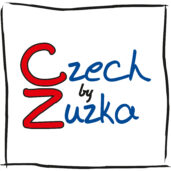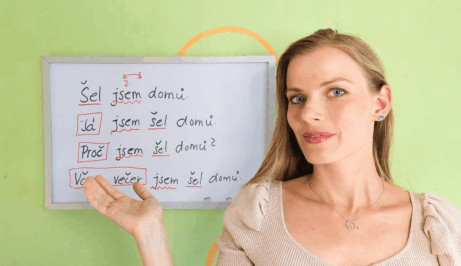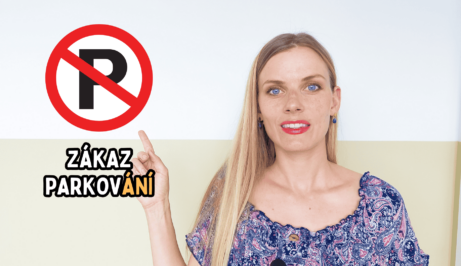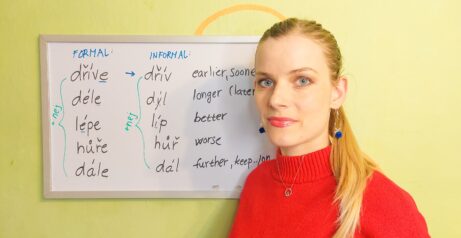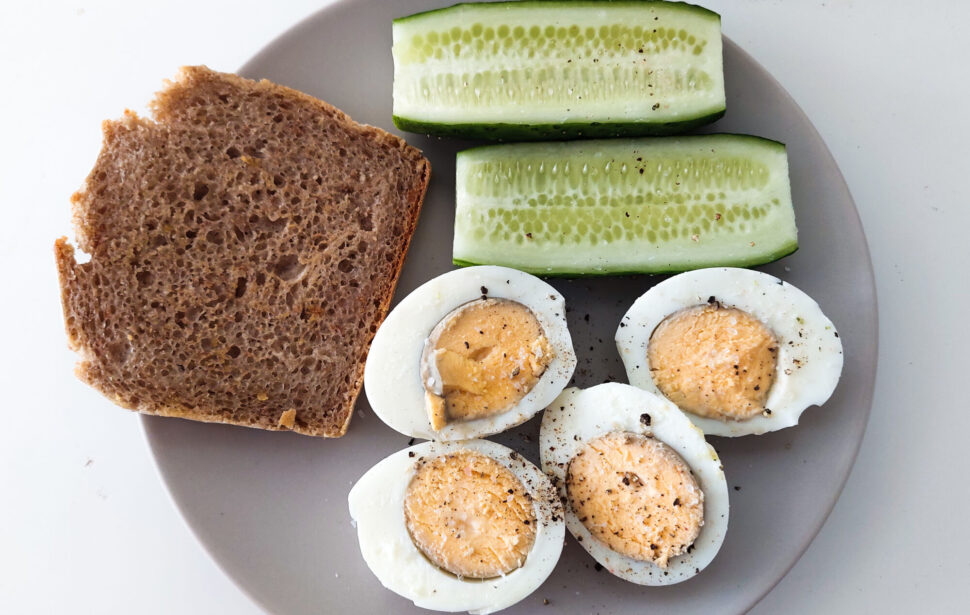
Those who are learning Czech are double heroes!
English translation below
Dnes ráno jsem k snídani uvařila vajíčka a když jsem je loupala, vybavil se mi jeden příběh, který se stal zhruba před půl rokem.
Byla jsem na návštěvě u sestry a pomáhala jí rozptýlit mého synovce Edu. V tu dobu mu bylo necelých 3 a půl roku. Ráno jsem si s ním hrála v posteli, kopali jsme metro pro krtky (inspirace byla písničkou od Jaromíra Nohavici, můžete si ji poslechnout tady). Po předešlé domluvě (mezi Edou a mnou) jsem se odešla najíst, protože jsem na rozdíl od něho ještě nesnídala a už jsem opravdu měla hlad. On byl ale zabraný do hry a potřeboval, abych byla její součástí.
Když jsem byla dole v kuchyni, slyšela jsem zeshora: „Zuzko, pojď kopat!“ Ale já jsem mu vysvětlovala, že se nejdříve najím. Poté se ozval více naléhavě. Seběhl dolů a už bylo jasné, že má slzy na krajíčku. Na pomoc přišla jeho maminka a vysvětlovala mu to samé. „Když já jsem si chtěl se Zuzkou ještě hrát!“ plakal. Bylo to srdcervoucí, ale nemohla jsem ustoupit.
Potom jsme usoudily, že jeho nálada je způsobená určitě tím, že už i on začíná mít zase hlad. „Oloupu ti vajíčko, chceš?“ nabídla jsem. Utřel si slzičky a přikývl. Ulevilo se mi. Jenže vařená vajíčka byla čerstvě sebraná od dědových slepic, to znamená, že se nepředstavitelně špatně loupala. Takové vajíčko prostě neoloupete, aniž byste z něj nestrhli nějaké části, což znamená, že pak nebude hladké.
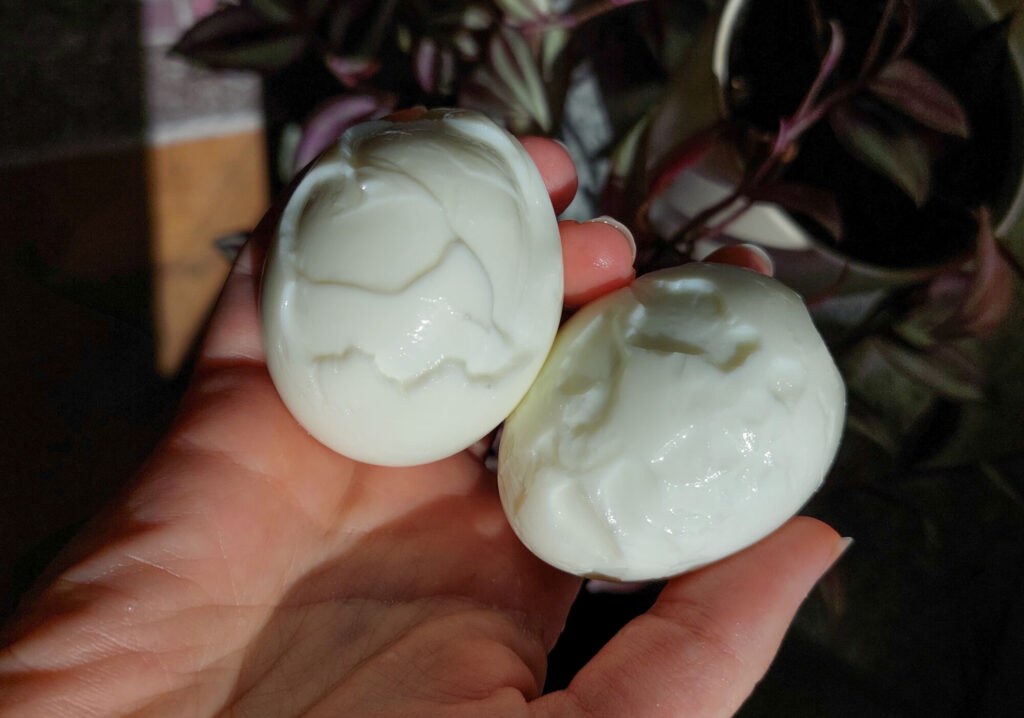
Už jsem tušila, co se bude dít. Trochu provinile nesu oloupané vajíčko synovci, snažím se mu ukázat tu lepší stranu. „Já nechci takový vajíčko!! Já chci hezký vajíčko,“ rozbrečel se, jakmile vajíčko zvedl a odhalil na něm krátery. Úplně jsem ho chápala, ale v tu chvíli lepší vajíčka nebyla.
A napadá mě jedna zdánlivě nesouvisející spojitost. Mnoho studentů má představy o tom, jak snadno jim čeština půjde. Jak krásně budou mluvit, nebo jako snadno jim budou Češi rozumět. To je absolutně v pořádku. Když se pak ale stane opak a narazí na nepochopení, zamračené obličeje a: „Cože??“, nebo se rozčilují nad neustálými výjimkami v jazyce, jsou zklamaní a frustrovaní. Nedostali krásně oloupané hladké vajíčko, ale zdánlivě ošklivé hrbolaté cosi. Ale ve výsledku bude chutnat stejně. Vše, co je funkční, je dobré.
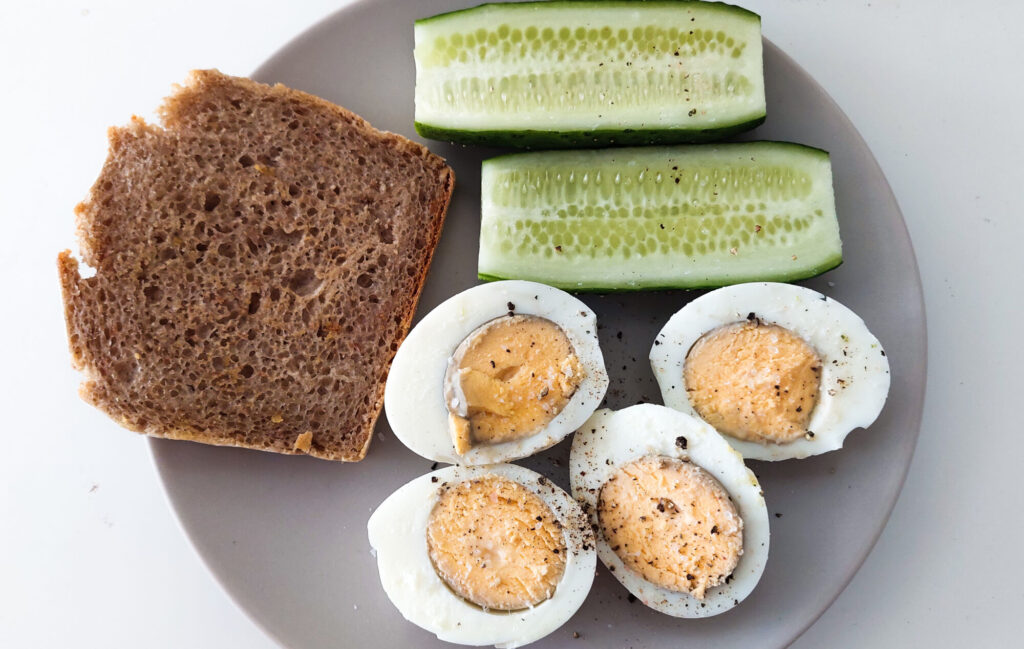
Za prvé: Když se vám zdá, že vám Češi nerozumí, nevzdávejte to. Většinou stačí jen pár menších úprav ve výslovnosti: přízvuk na první slabice, důraz na krátké a dlouhé samohlásky… Pečlivé vyslovování samohlásek je často důležitější než správně vyslovit ř.
A za druhé, pokud vás čeština zklamala, možná máte jen špatný den. Možná máte jen hlad 😉 To je trochu nadsázka, ale něco na tom bude. Dejte si pauzu, něco dobrého k snědku a zkuste to znovu jiný den. Jak se říká, zítra je taky den, nebo ráno moudřejší večera. Držím vám palce! Buďte na sebe hrdí, protože ten, kdo se učí jakýkoli cizí jazyk, je hrdina! A ten, kdo se učí češtinu, je dvojnásobný hrdina!
English translation:
This morning I boiled eggs for breakfast and as I was peeling them, I remembered a story that happened about six months ago.
I was visiting my sister and helping her distract my nephew Eda. He was less than 3 and a half years old at that time. I played with him in bed in the morning, we were digging the subway for moles (this activity was inspired by a song by Jaromír Nohavica, you can listen to it here). After the previous agreement (between Eda and me), I went to eat, because unlike him, I hadn’t had breakfast yet and I was really hungry. But he was engaged in the game and needed me to be a part of it.
When I was downstairs in the kitchen, I heard from upstairs: “Zuzka, come dig!” But I explained to him that I would eat first. Then he spoke more urgently. He ran downstairs and it was clear that he was in tears. His mom came to help and explained the same thing to him. “It’s just that I wanted to play with Zuzka!” he whimpered. It was heartbreaking, but I couldn’t back down.
Then we concluded that his mood is definitely caused by the fact that he was starting to get hungry again. “I’ll peel an egg for you, do you want?” I offered. He wiped his tears and nodded. I felt relieved. But the boiled eggs were freshly collected from grandfather’s hens, which means that it incredibly difficult to peel them. You simply cannot peel such an egg without tearing off some parts, which means that the egg will not end up looking smooth.
I already felt what was going to happen. So I‘m taking the peeled egg to my nephew, feeling a bit of guilt, trying to show him the nicer looking side. “I don’t want this egg! I want a nice egg!” he cried as soon as he picked up the egg and revealed the craters on it. I understood his frustration completely, but at that moment there were no better eggs.
And a seemingly unrelated connection comes to mind. Many students imagine how simple learning Czech will be for them. How beautifully they will speak, or how easily the Czechs will understand them. That’s absolutely fine. But then when the opposite happens and they encounter misunderstandings, frowns and a “what??”, or get upset about constant exceptions in the language, they are disappointed and frustrated. They didn’t get a beautifully peeled smooth egg, but a seemingly ugly bumpy thing. But it will taste the same in the end. Anything that works is good.
First of all: If you feel that the Czechs don’t understand you, don’t give up. In most cases, only a few minor adjustments in pronunciation are sufficient: accent on the first syllable, emphasis on short and long vowels… Careful pronunciation of vowels is often more important than correct pronunciation of ř.
And second, if Czech disappointed you, maybe you’re just having a bad day. Maybe you’re just hungry 😉 That’s a bit of an exaggeration, but there’s something to it. Take a break, something good to eat and try again another day. As we say in Czech, tomorrow is another day (Zítra je taky den), or the morning is wiser than the evening (Ráno moudřejší večera). I’m keeping my fingers crossed for you! Be proud of yourself, because the one who learns any foreign language is a hero! And who learns Czech is a double hero!
